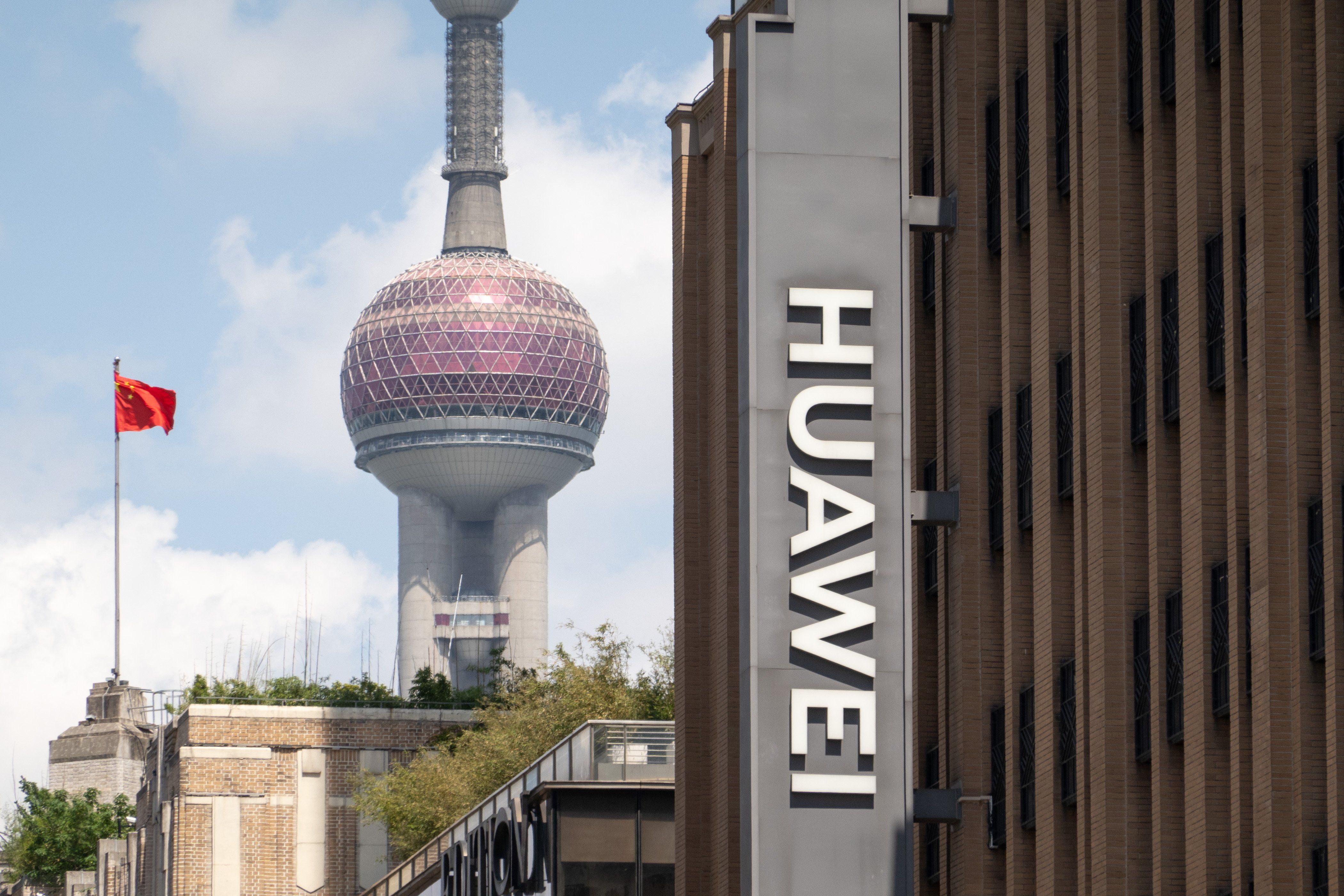The US Commerce Department revoked licenses for US chipmakers to sell to Chinese tech giant Huawei on Tuesday, in the latest pressure tactics on Beijing’s tech sector.
US firms like Intel and Qualcomm had been selling their processors to Huawei through special exemptions to sanctions meant to rein in China’s semiconductor industry. Until this week, they sold chips to power phones and computers for China’s lucrative consumer market — which was hardly a threat to US national security, says Eurasia Group Geotechnology Director Alexis Serfaty.
“It's pretty obvious that what the US wants to do is stifle Chinese technological advancement and one way of doing that is to hit Huawei directly,” he says, even at the cost of some pain to US companies.
China’s commerce ministry called it a “clear case” of economic coercion, but Eurasia Group’s Xiaomeng Lu called Beijing’s reaction “more bark than bite,” because it lacks clear ways to clap back.
Chinese President Xi Jinping, wrapping up a European trip, isn’t likely to make a big issue out of it with US President Joe Biden as the two pursue stability in US-China relations.
“They've been able to compartmentalize it whereby they can have a floor in the deterioration of the relationship and still tolerate the US doing pretty unprecedented things from a technology standpoint,” says Serfaty.
